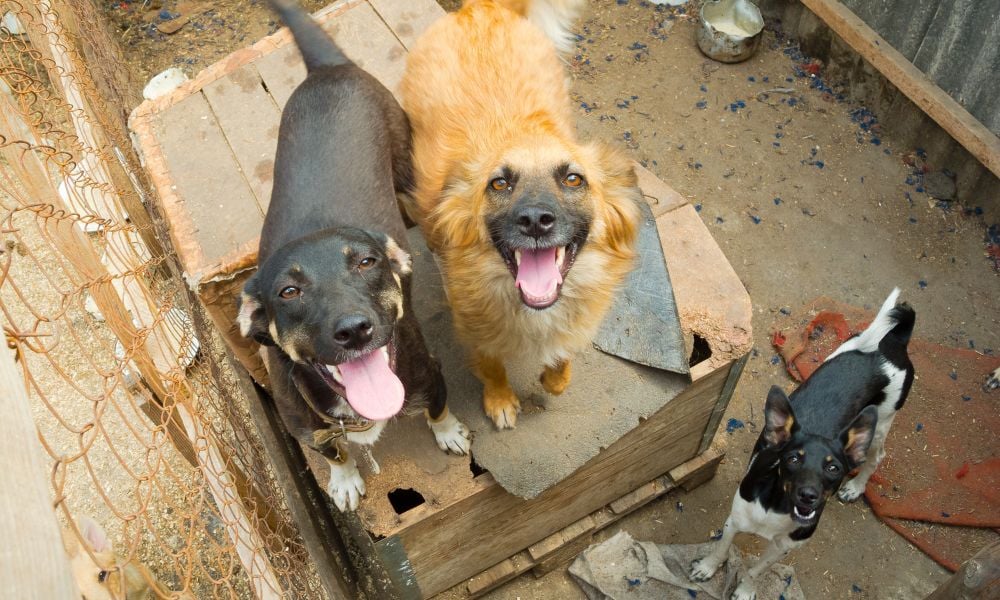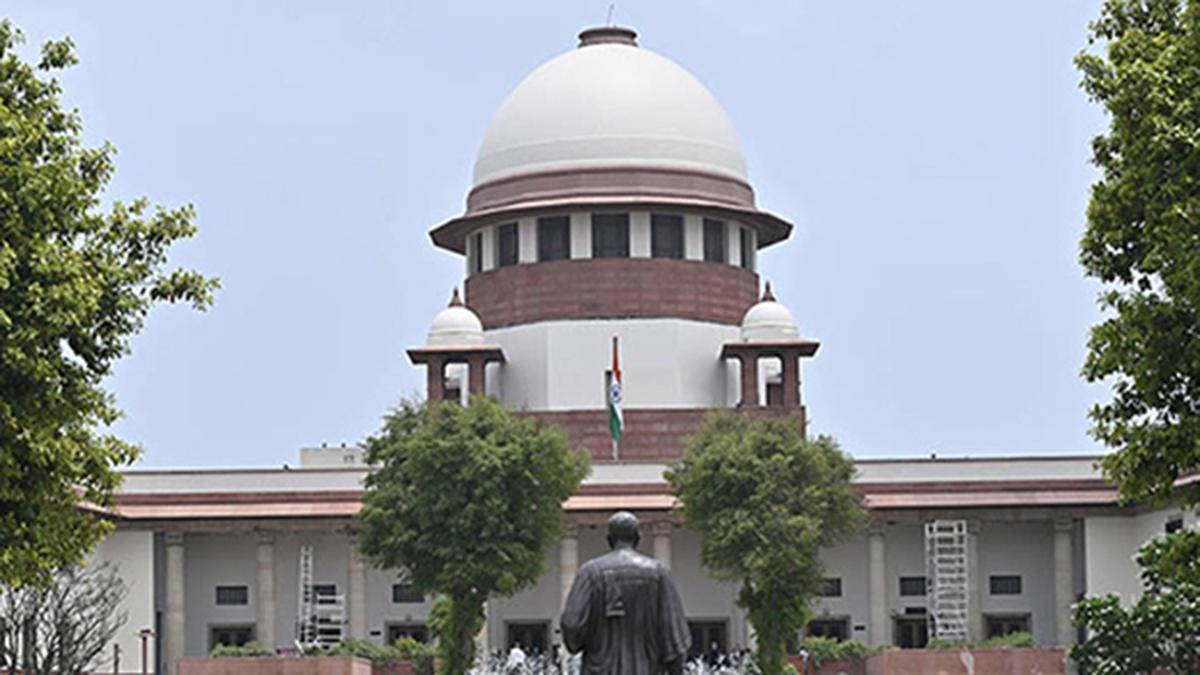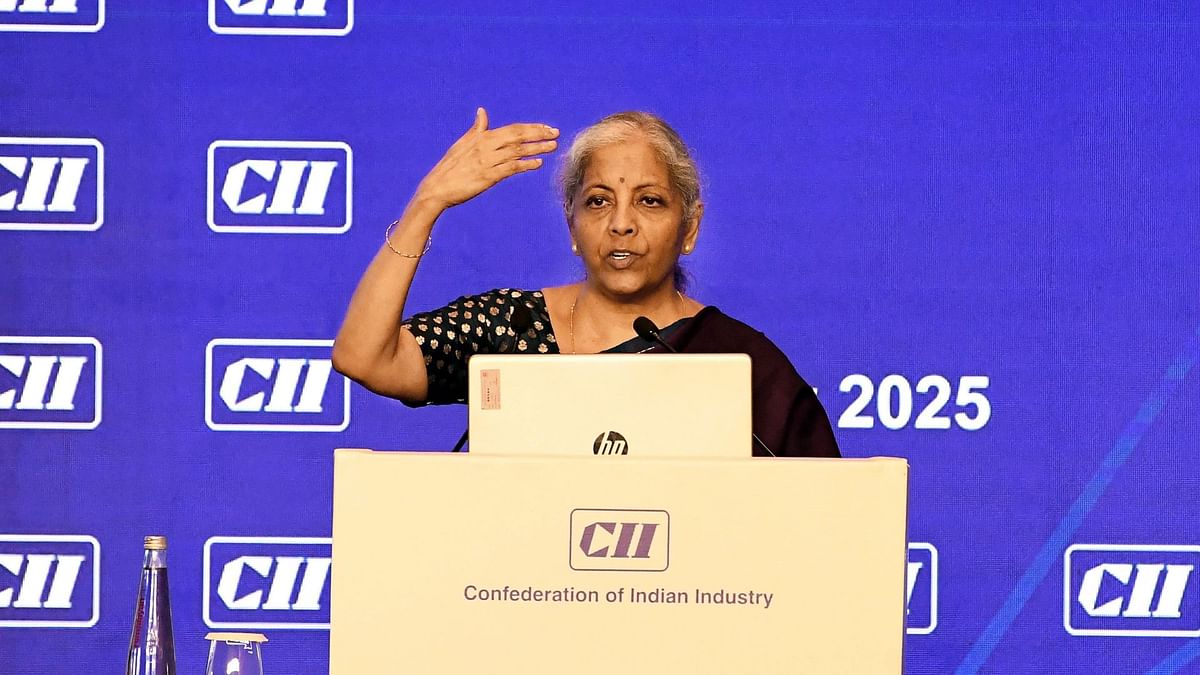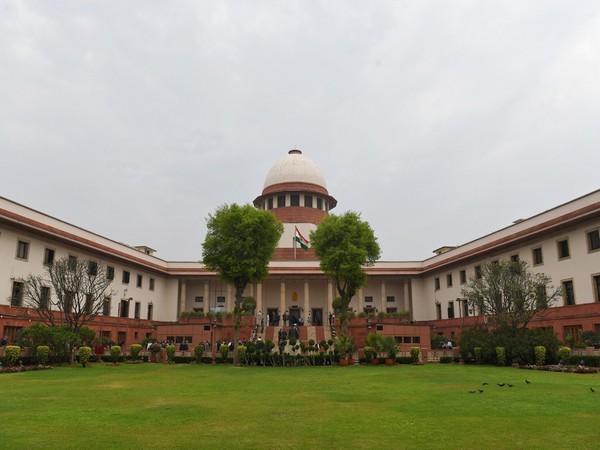A three-judge special bench headed by Justice Vikram Nath expanded the scope of the stray dogs case beyond Delhi-NCR and directed all states and union territories to be made parties in the matter.
The bench, however, said municipal authorities would continue to comply with the August 11 directions to pick up stray dogs from Delhi, Ghaziabad, Noida, Faridabad, and Gurugram and immediately create dog shelters or pounds.
It clarified that the August 11 direction, passed by a two-judge bench for permanent relocation of strays from streets to shelters, should be kept in abeyance for now.
“The dogs that are picked up shall be sterilised, de-wormed, vaccinated, and released back to the same area from which they were picked up,” the bench, also comprising Justices Sandeep Mehta and N V Anjaria, said.
The bench further clarified that relocation should not apply to dogs infected with rabies, suspected rabid dogs, or those displaying aggression.
Before issuing any direction for impounding the entire stray dog population, the court said it was necessary to examine existing infrastructure and human resources available with municipal bodies.
“A blanket direction to pick up all the strays and place them in dog shelters/pounds without evaluating the existing infrastructure may lead to a catch-22 situation because such directions may be impossible to comply with,” the bench observed.
Outlining the need for a holistic approach, the bench modified the August 11 order and said, “Thus, the direction prohibiting the release of the treated and vaccinated dogs seems to be too harsh, in our opinion.”
Feeding Spaces for Stray Dogs
Municipal authorities were directed to create dedicated feeding spaces for stray dogs in each municipal ward.
Feeding areas should be created or identified based on the population and concentration of stray dogs in that ward. “Gantries/notice boards shall be placed near such designated feeding areas, mentioning that stray dogs shall only be fed in such areas. Under no condition shall feeding of stray dogs on the streets be permitted,” the bench said.
Persons found feeding dogs on streets in violation of the directions would face punishment, it added.
The top court referred to reports of untoward incidents caused by unregulated feeding of stray dogs while issuing the directions, noting that feeding dogs on roads and in public places posed “great difficulties for the common man.”
Helpline and Compliance
Each municipal authority was ordered to create a dedicated helpline for reporting violations of the directions. Appropriate measures would be taken against individuals or organisations once complaints were received.
“No individual or organisation shall cause any hindrance or obstruction in the effective implementation of the directions given above,” the bench warned, adding that violators obstructing public officials would face prosecution.
Notably, the bench directed each individual dog lover and NGO that has approached the top court to deposit ₹25,000 and ₹2 lakh, respectively, with the apex court registry within seven days. Failure to do so would bar them from appearing in the matter.
“The amounts so deposited shall be utilised in the creation of infrastructure and facilities for stray dogs under the aegis of the respective municipal bodies,” it said.
Municipal authorities were also ordered to file compliance affidavits with complete statistics of resources such as dog pounds, veterinarians, dog-catching personnel, specially modified vehicles, and cages available for implementing the Animal Birth Control (ABC) Rules.
Adoption of Stray Dogs
The court said animal lovers should be free to move applications to municipal bodies for adoption of street dogs, with the responsibility of ensuring that adopted dogs do not return to the streets.
It also noted that several pleas and suo motu petitions on stray dogs were pending in different high courts. “Hence, the registry shall seek information about such pending writ petitions from registrar generals of all high courts, and thereafter, these writ petitions shall stand transferred to this court for analogous consideration along with the main matter,” the bench said.
All states and union territories were impleaded as parties, with the court noting that ABC Rules apply uniformly across India.
The matter has been posted for further hearing after eight weeks.
The bench’s order came in a suo motu case initiated on July 28 following a media report on stray dog bites leading to rabies, particularly among children, in Delhi.









